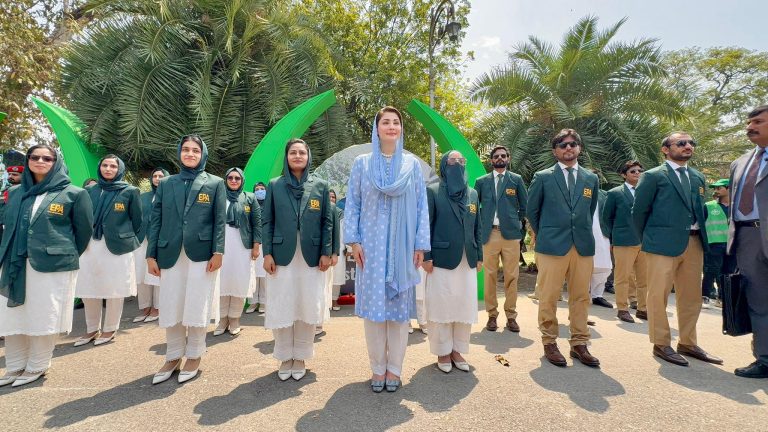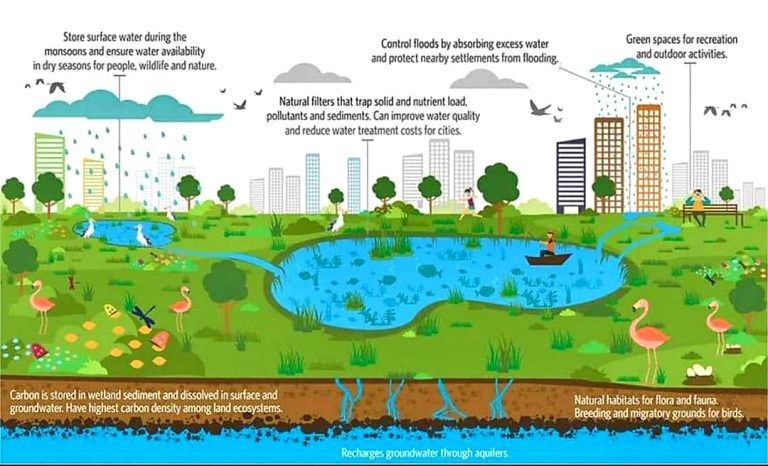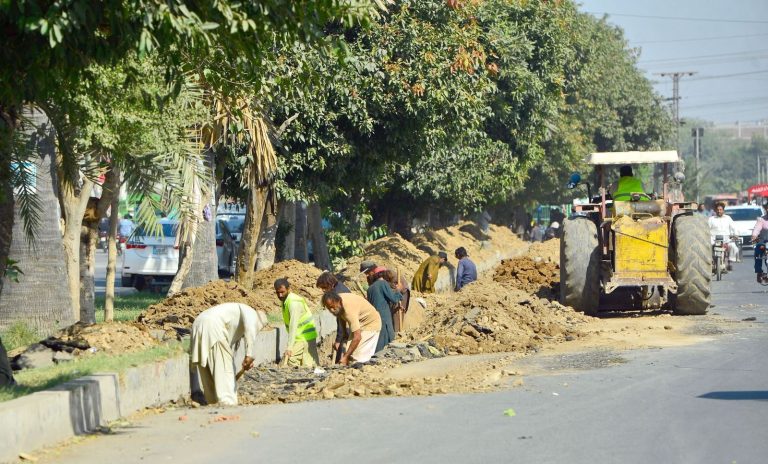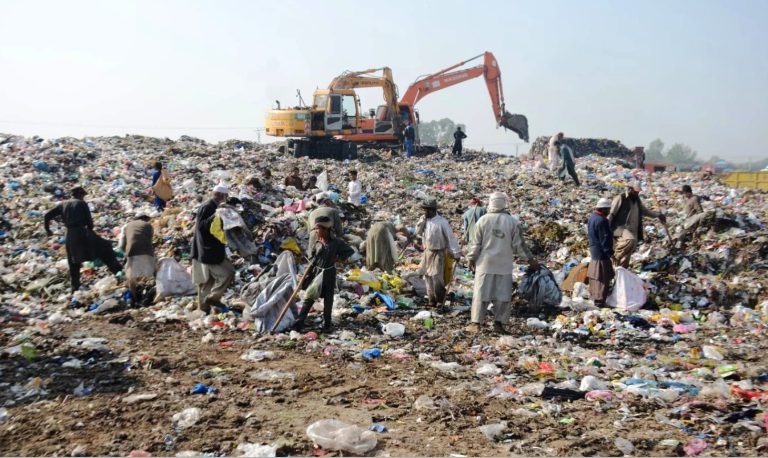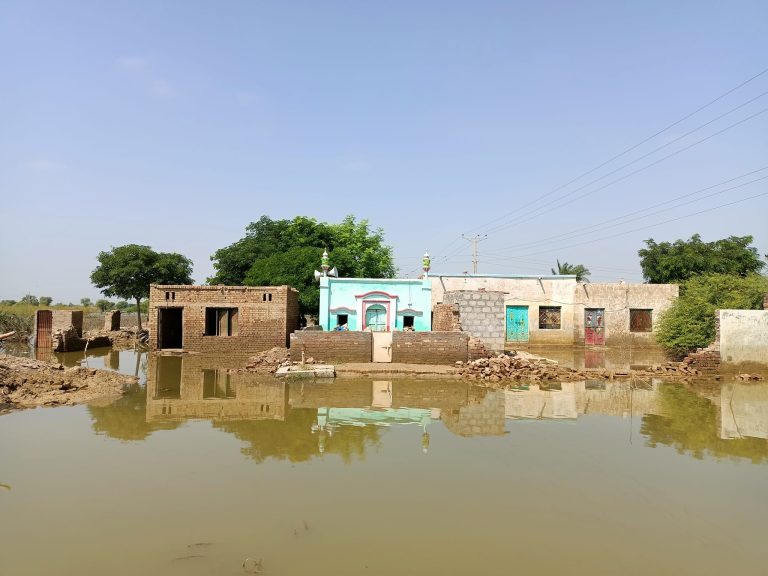Pakistan’s Climate Preparedness for COP29: A Push for Climate Financing and Global Accountability
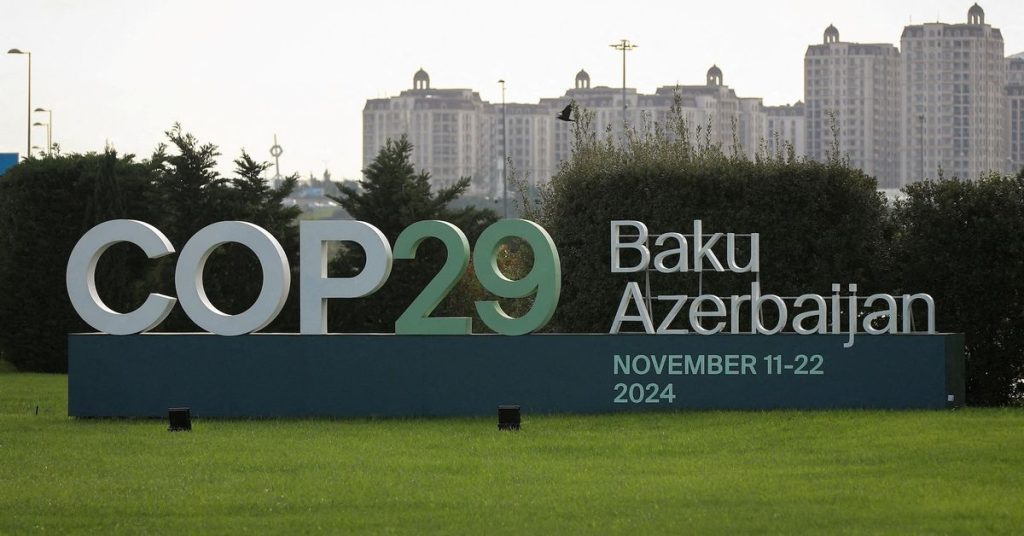
The Ministry of Climate Change and Environmental Coordination in Pakistan has finalized its preparations for the upcoming Conference of Parties (COP29). Prime Minister Muhammad Shehbaz Sharif is expected to attend, although an official announcement is pending. At COP29, Pakistan plans to focus heavily on climate financing and emphasize the importance of fulfilling previous financial commitments made by developed nations to support vulnerable countries. The Green Climate Fund (GCF), intended to help developing nations address climate change, has fallen short of its targets, collecting $61.5 billion from 2020 until now well below its $100 billion target. Of these funds, Pakistan received $250 million across 10 projects, a figure that officials view as insufficient for the country’s significant climate-related needs.
Highlighting Pakistan’s minimal global carbon footprint (less than 1% of global emissions) but severe climate vulnerabilities, the Ministry aims to call for stronger accountability and timely disbursement of pledged funds. Last year, COP28 saw several announcements aimed at improving climate financing, including the UAE’s commitment to a $30 billion climate investment fund and the World Bank’s goal to raise its climate project financing to 45% by 2025. Canada, France, and the United Kingdom also pledged substantial contributions to the Green Climate Fund and other related initiatives.
At COP29, Pakistan will review its existing climate partnerships and advocate for increased collaboration with development partners on sustainable agriculture and private-sector engagement in climate resilience. The conference is expected to advance efforts for substantial climate financing solutions, underscoring the urgency of protecting vulnerable regions and ensuring global accountability for climate action.
In March, Transparency International reported that Pakistan faces an annual economic loss of $4 billion due to climate change impacts. Romina Khurshid Alam, Prime Minister’s Coordinator on Climate Change and Environmental Communication, emphasized COP29’s importance as a platform to present Pakistan’s climate challenges, initiatives, and proposed solutions. Alam highlighted goals for the conference, including advancing climate diplomacy, promoting gender equity, and encouraging private-sector involvement in smart agriculture practices. Despite contributing less than 1% of global emissions, Pakistan faces severe climate repercussions. The 2022 floods alone caused damages exceeding $24 billion, severely affecting infrastructure and economic resources. Alam noted that Pakistan actively collaborates with B20 nations to address climate and environmental challenges, aligning with the B20’s theme of sustainable, inclusive growth.
The upcoming COP29 will focus on encouraging development partners to meet their financial pledges and increase collaboration in sustainable agriculture and private sector engagement for climate-smart solutions. The conference’s international advisory committee will include Dr. Abid Qaiyum Suleri, Executive Director of Pakistan’s Sustainable Development Policy Institute, among other global leaders, scientists, and advocates. Other notable members include WHO Director-General Tedros Adhanom Ghebreyesus, Ismail Serageldin, former World Bank President, and Maria Fernanda Espinosa, former President of the UN General Assembly. This year’s COP aims to reinvigorate the climate financing landscape, pushing for tangible contributions and accountability from developed countries, aligning with Pakistan’s goal to leverage global partnerships for regional solutions and climate resilience.


